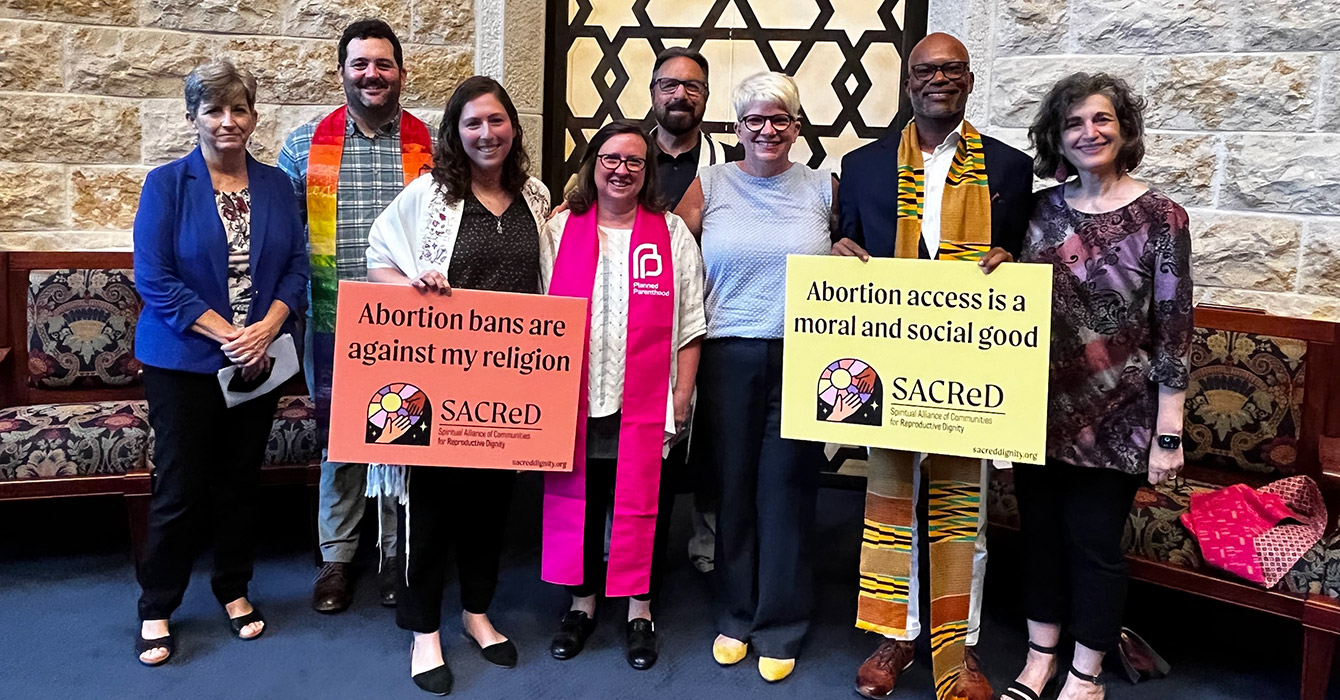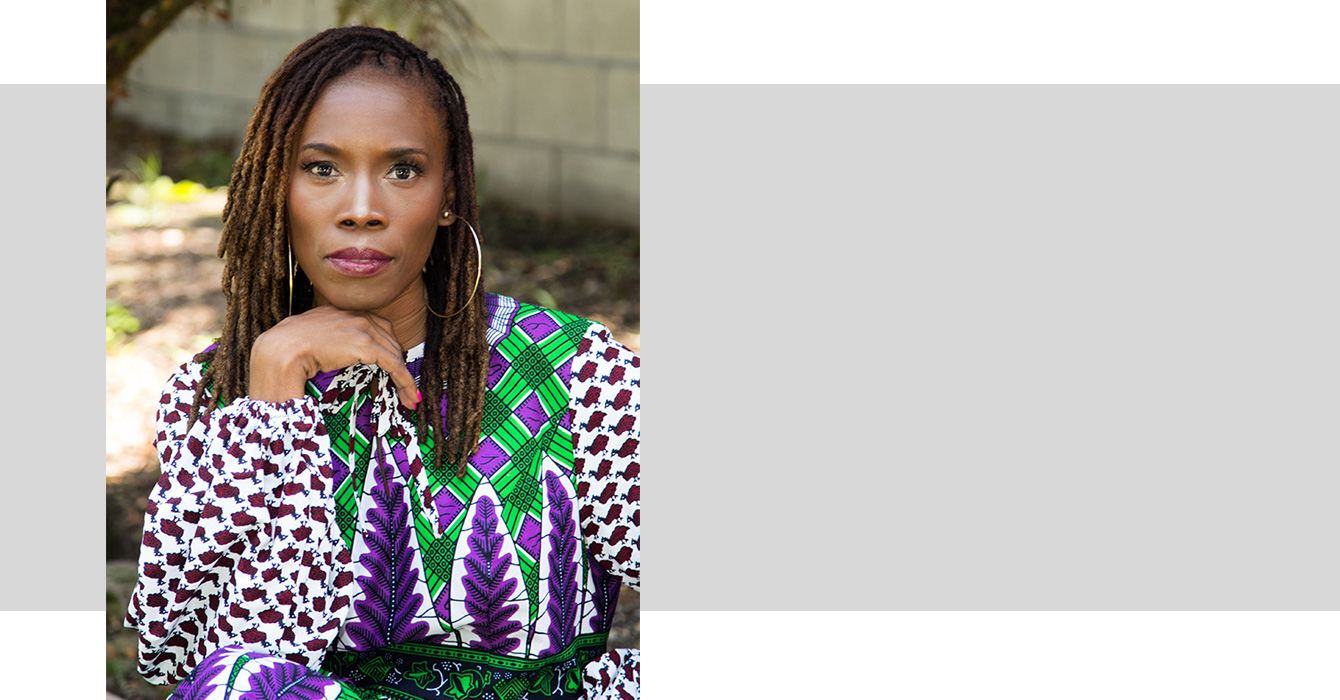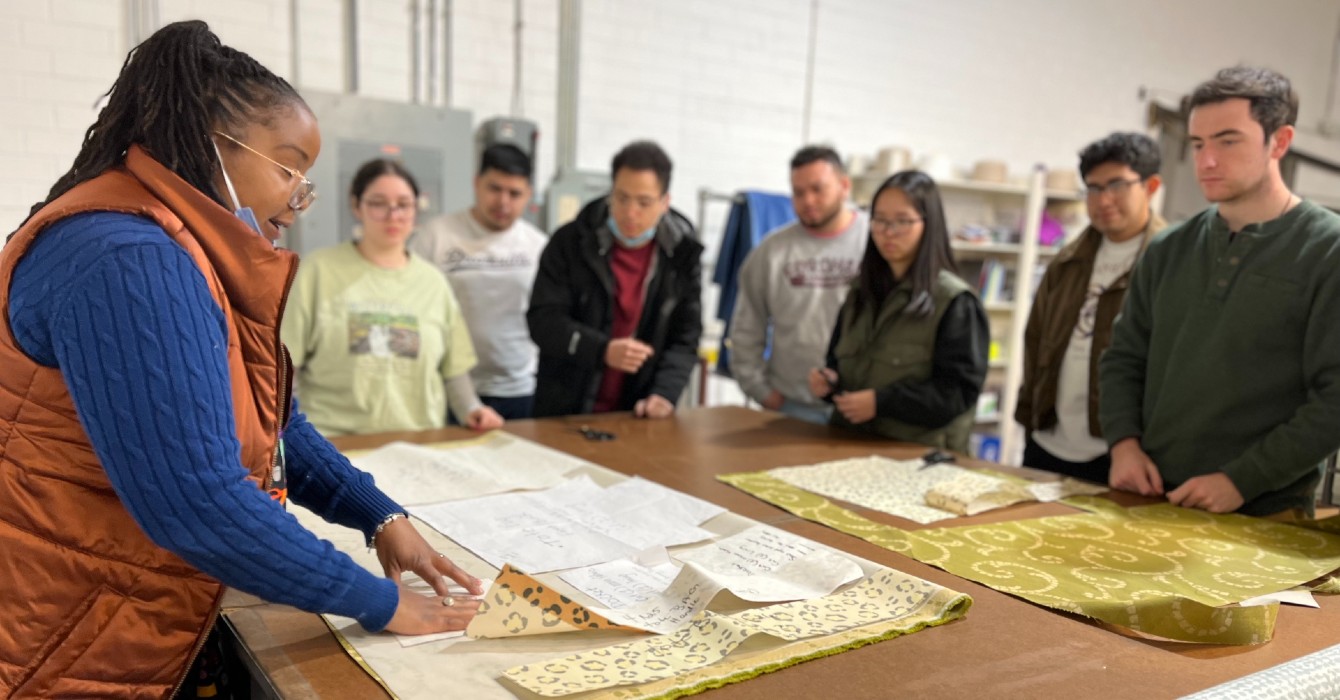The path back to “normal” involved difficult questions for pastors, professors and nonprofit leaders. The thirst for in-person connection was real, but so was the trauma as communities emerged from an unprecedented time of global crisis. Questions of hybrid worship, mask wearing and how to not leave behind immunocompromised members of the community yielded no easy answers.
And through all these difficulties, the political landscape of the U.S. continued to change, not least with the overturn of Roe v. Wade. New realities of women’s health care and abortion access dominated conversations in religious circles.
Faith & Leadership published essays, feature stories and interviews throughout the year exploring these struggles and how Christian leaders have managed to continue their work in their various contexts. In our annual tradition, we have selected 10 highlights from the past year, from stories about a pastoral “great resignation” to how churches can provide better mental health support.
As part of Leadership Education at Duke Divinity, which is funded by Lilly Endowment Inc., we hope that our work has helped readers navigate the complex landscape of Christian leadership today.
As communities’ needs shift from day to day and our world moves into the uncertain future of the pandemic, we commit to continuing to platform voices with insight about what’s going on and how to live faithfully in our times.
Here are some of our favorite articles from the past year.
The Great Resignation: Are pastors resigning, redefining or reevaluating?
Research continues on the extent of the “great resignation” among clergy. But as stories from ministry leaders show, the last two years have led at least some of them to reconsider how they serve.
I can’t hug, but I can listen: My experience as a death doula during COVID-19
A death doula trained to help people who are dying and grieving drew upon the Black church tradition of “tarrying” during the pandemic.
What if we are all burned out?
Listening intentionally and responding to specific symptoms of burnout are good practices within churches — and can benefit their communities, writes the executive director of Leadership Education at Duke Divinity.
Gail Song Bantum and Brian Bantum: Marriage is an opportunity to celebrate difference
In their new book, Gail Song Bantum and Brian Bantum describe working through race and gender in their own marriage.
Channeling shock, rage and disbelief post-Roe
Faith leaders and religious communities must speak up for reproductive justice. Movements like SACReD can help show how, writes a founding board member and college professor.
Crowdsourcing data projects help faith congregations get involved in creating justice
Volunteering for research initiatives like the Mapping Prejudice project in Minneapolis educates church members on how to rectify present injustice.
Leading joyfully and being led by joy
“Balcony time” can help us recognize what brings joy to our work and how to prioritize it, writes the managing director of grants at Leadership Education at Duke Divinity.
What should learning of Vanier’s abuses do to his legacy?
Two years after we learned about Jean Vanier’s abuses of women, we continue to reckon with the interplay of vulnerability and power.
Thema Bryant: Churches play a crucial role in providing mental health support and advocating for better policy
An AME elder who is also president-elect of the American Psychological Association talks about the ways churches can make mental health an integral part of ministry.
A nonprofit promotes justice by creating employee-owned enterprises and industrial cooperatives
Inspired in part by Catholic social teachings, The Industrial Commons seeks to create “an inclusive economy rooted in community and dignity.”


























